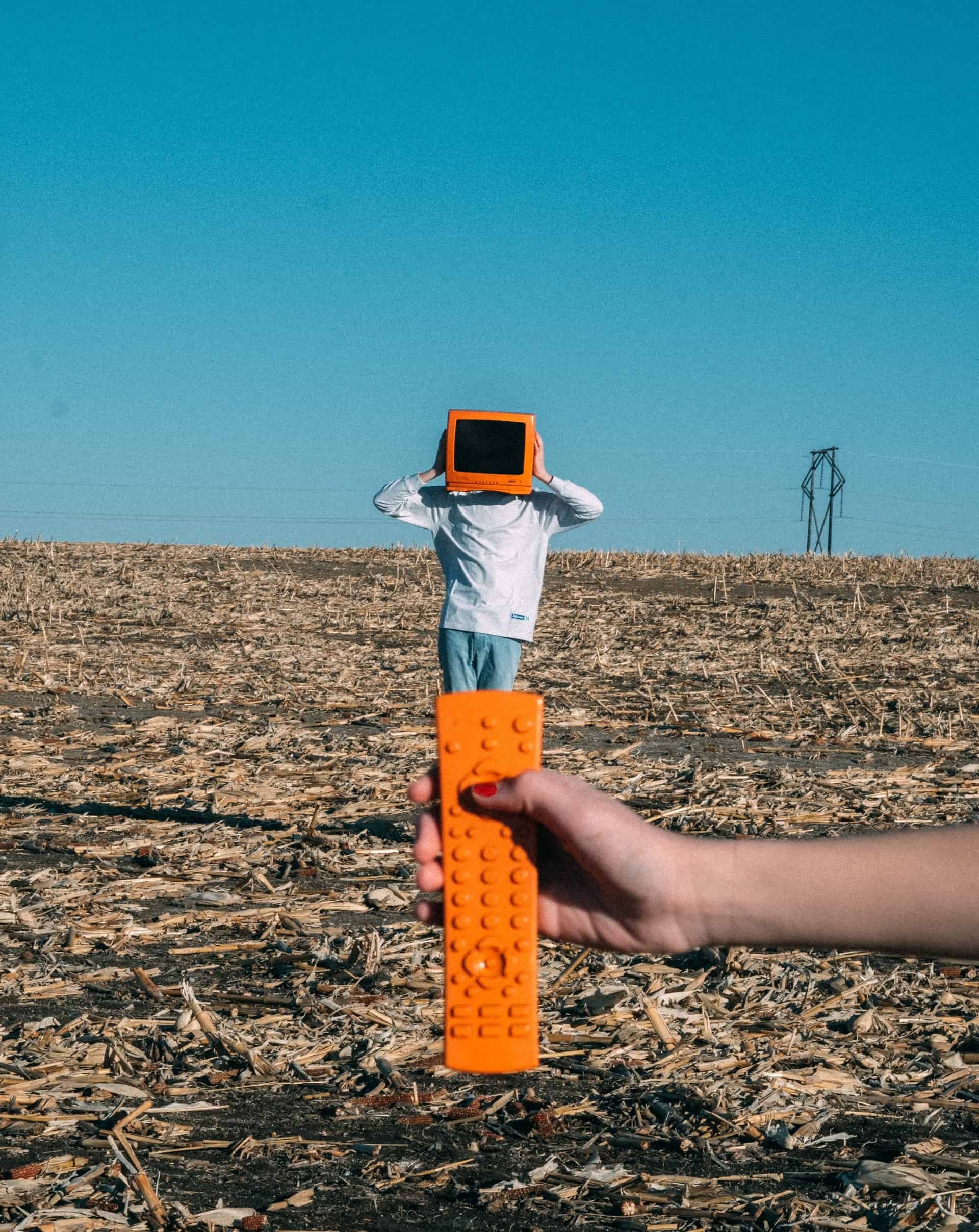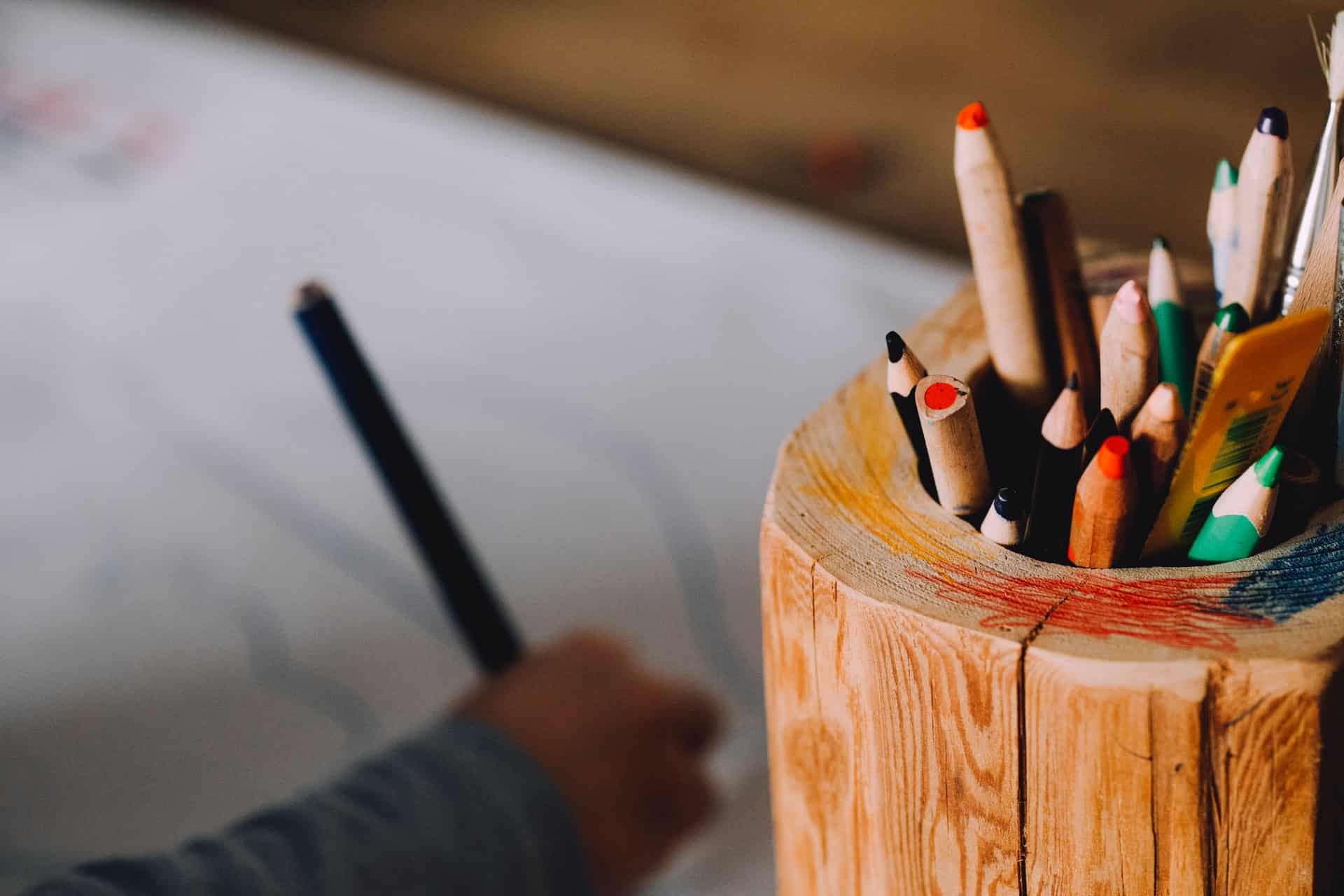Fail Fast and Fail Epicly – The Best Way Of Learning Languages

Do you know what all the people who fail in language learning have in common? They don't think. They are dull and unoriginal. Actually, being "creatively challenged" is probably the main reason of failure in about anything you do.
Take a hard, good look at yourself. Are you one of them?
I know I was. For way too many years. I used to buy almost every memory book I could find. I was looking for the ultimate method to remember everything. To my disappointment, almost every book was the same. It took me a lot of time to come to realize that all the solutions are in my head. I just haven't discovered them yet!
Fail Fast and Fail Epicly - How To Do It Step By Step
Usually, there are three steps most people go through.
1) The First Stage - The Sleeping Giant
How can you tell if that's you? It's extremely easy to diagnose yourself. I've prepared a checklist for you. Or rather The Loser's Credo. If you tick more than one field, I have bad news for you...
Frankly, I don't believe that any of you fall into this category. At least, not when it comes to learning.
But we're all there when it comes to other areas of life - relationships, the way we work, etc.
"The definition of insanity is doing the same thing over and over, expecting different results." - Albert Einstein
But what if you know anyone who falls into this category? How can you help him? Well, you can suggest it as subtly as you can. After all, understanding the problem is half of the solution.
What's the next step? There is none. I'm sorry.
"We generally change ourselves for one of two reasons: inspiration or desperation" - Jim Rohn
I changed my approach to learning due to desperation.
Many moons ago I was attending a German course at one of the local language schools. I felt very proud. It was my second language and after three years, the school classified my level as B1.
It was an amazing feeling. WAS.
After the first conversation with a native speaker The Evil Bubble of Hubris burst. I didn't understand much. I started stuttering madly. Much like a retarded version of Mr. Snuffalufagus.
So yeah. I was desperate. This soul-crushing experience helped me advance to the second category.
2) The Second Stage - The Awakened Mind
You read. Maybe a lot. Maybe a little. But definitely enough to know that there are many strategies to achieve your goal(s). So you read and read. And then read some more. But the moment comes when you get stuck. And you're desperately looking for people who might give you the answer.
But why would most people give you their best ideas. They spent years trying to come up with them!
Haven't you heard of the rule?
I hit this stage about 17 months ago. I can't recall any specific situation which led to it. I simply knew that I had to change the way I approach learning. And then I found myself in the third stage.
3) Third stage - The Creative Behemoth
There are three characteristic qualities of all the people in this category:
It's like the mental hunger you can't satisfy. You can only alleviate it with new ideas and concepts. Once I started coming up with new hypotheses on how to memorize faster, it took me less than half a year to achieve such results. And I'm not done yet.
The beauty of this stage is that you can question almost anything.
For example - why do we shave with foam or gel? Hell, I started to do it with a mix of shampoo and soap. And believe me - it's much more effective way to shave (try it and thank me later).
Fail Fast and Fail Epicly - How To Do It
There are two steps in this strategy.
1) Create the hypothesis
The planning process looks more less like this:
This is the question you have to start with. Let your brain know that there is some obstacle to overcome.
From that moment on, you'll start cracking it both consciously and subconsciously.
It's very important step. If you skip it, you might find yourself reinventing a wheel.
No need to waste your time like this.
Start with mastering the rules. Find out how others approach solving your problem.
Start paying close attention to things which might contribute to the solution of the problem.
It doesn't always have to be very logical. Go with your gut feeling.
For example. It's generally proven that intensive emotions help us to remember better.
Start shouting out loud 4 random words every day with your best furious voice. Or go to the graveyard and check if the general sadness of this place contributes to better learning.
2) Perform an experiment to test those predictions
Give yourself one week to test your hypothesis. Then measure the results (here are examples of the things you can measure in language learning).
"There are two possible outcomes: if the result confirms the hypothesis, then you've made a measurement. If the result is contrary to the hypothesis, then you've made a discovery." - Enrico Fermi
In our case, a discovery simply means that the hypothesis wasn't very good. It's also great news.
Simply move to the next hypothesis.
If the results are better than the ones you got before, it's even better news.
You can start using YOUR new strategy right away. You don't need the old one anymore.
Final Thoughts
As you can see, the essentials of my method can be encapsulated in three points:
- 1come up with hypotheses as quickly as possible
- 2set yourself a suitable deadline to test the idea (for me it's almost always one week, but feel free to experiment with it as well)
- 3test it
- 4measure the results at the end of the experiment
- 5draw conclusions
- 6rinse and repeat
The faster you fail, the faster you can move to another potential solution.
Of course, there is one more thing to bear in mind. Before you start experimenting, measure your current pace of learning words or whatever else you're trying to do.
I failed more times than I succeeded. But the moments of victory brought me unbelievable results. And believe me - once you experience the thrill of discovering, you will never stop experimenting.
I see it that way:
If you want to be mediocre - stick with one method.
If you want to be effective language learner - try at least few methods.
If you want to be exceptional - try A LOT of them.
Fail fast and fail epicly.
Now, I want you to come up with your own method of learning and test it within next 10 days.
And as always, let me know how it goes.
Done reading? Time to learn!
Reading articles online is a great way to expand your knowledge. However, the sad thing is that after barely 1 day, we tend to forget most of the things we have read.
I am on the mission to change it. I have created over 10 flashcards that you can download to truly learn information from this article. It’s enough to download ANKI, and you’re good to go. This way, you will be able to speed up your learning in a more impactful way.



